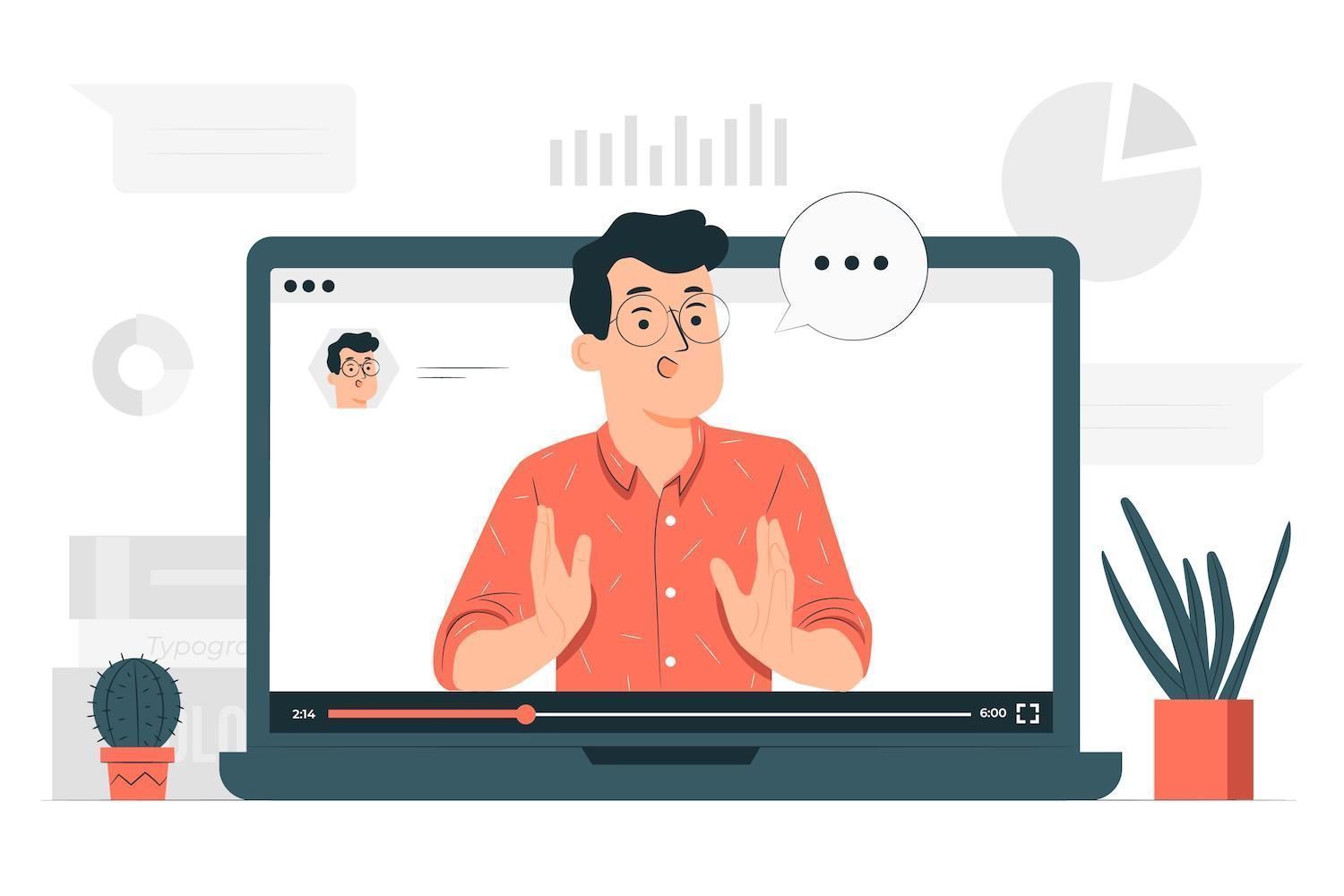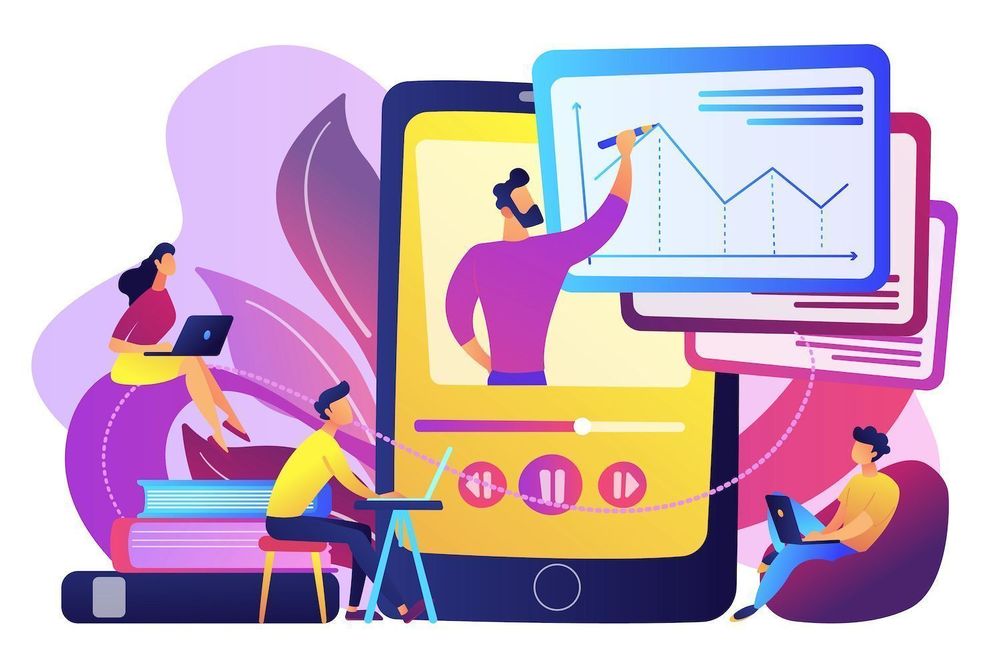What's the Epic needs regarding App Stores What are other things developers of games really need? -
A time in which mobile games and mobile apps creators struggle to ensure their business is up and running due to duopoly tax, which means gamers have to contribute to a significant portion of the revenue earned by games on mobile all over the world. Epic Games has emerged as the most reputable gaming enterprise and has a vision of creating new possibilities for mobile gaming.
A group of players asked large and small game firms what they would like to see within the game. The following are the results they got.
Background: The slow demise of Open Computing, and the 30% tax on applications
The computing world has never been as accessible as it is now. Video games and its creators relied upon the computing technology available on computers, which was available for available at no cost on PC as well as Mac platforms. This allowed game developers to make games the way they'd like, enjoy close relationships with their customers and choose the most appropriate payment methods for their game. There was no need for security staff. The only thing you required were computer systems and players. Our way of life has changed.
At present, over half of the time screens are used for computing is done via smartphones, and this proportion is growing. Additionally, almost 100percent of the market for smartphones is equally split among Apple in comparison to Google. With the rise of smartphones and the limitations on internet-based commerce The technology of open computing is at greater risk than it has ever been. The result is significant expense for consumers and the developers of games and applications.
The two Google and Apple's App Stores pay a monthly fee of 30percent on any games which are offered on the respective platforms. Apple is the sole company offering gaming distribution and online shopping on iOS devices. However, Google allows OEM marketplace applications, as well as gaming integration into mobile devices. However, it does not allow payments through third-party games to games that are available through Google Play.
Google Play offers an integrated payment feature which businesses that aren't associated with Google Play can make use of up to a small percentage of game developers via"user choice billing. " user-choice billing" trial. However "user preferred billing" comes with a high price that could vary between 26% to 36%, irrespective of your decision to use your use of the service yourself. It is your responsibility to take on all risks and liabilities associated with paying.
The outcome of Apple along with Google's dominance over large parts of the global market in computing, is a tax in addition to the existing 30% tax on mobile gaming and applications that are paid by users. The tax has detrimental effects on game designers, slowing down the accessibility of computing and commerce. In light of the detrimental consequences of open computing, every game's creator think they need to modify their approach.
What are the games' characteristics that developers don't have? Epic?
The group embarked on the long journey that lasted a few minutes to talk with studios big as well as smaller for a discussion of issues that they'd like to change the rules that govern mobile games. While not everyone agreed regarding all aspects of the conversation. Here are the three issues they discussed over as a team that they'd love to see change:
1. iOS to support sideloading games which do not show screens that display scare messages.
iOS can only be used at specific time periods "sideloading" applications and games that have obtained their downloads from through the App Store, the official website of the developer or from another market than the one they're on. This allows gamers to purchase the games and allows developers to develop their games in whatever method they'd like as well as the rules that they're willing to adhere to. Android permits sideloading applications along with games with warnings consisting of "scare screens" warning users of mobile phones of the dangers associated with "downloading apps via websites." The majority of game developers met with were of the opinion that Apple might allow sideloading to be permitted as well. Apple and Google are not allowed to make use of large screens that are self-service and denounce the availability of apps from other websites that offer their own store for applications.
2. Unrestricted "steering" and embedded payment paid through third-party system of payment.
The two companies Google as well as Apple each have price restrictions, as well as the payments offered by third party payment service providers which aren't available on apps marketplaces. Most likely, items can be bought at a fair price buyers, but game developers cannot direct players towards these payment options or provide links to other payment methods or integrate the services of an outside source to their games. A lot of game developers have talked about the benefits of retail stores. The primary reason of it being to provide gamers and users the opportunity to select and bypass the limitations of payments.
3. It's free to drive. It's embedded with a payments.
The ability to allow control and payment integration in the system is an intriguing feature. The way Google uses with"user bill option" is intriguing "user bill alternatives" pilot. It is possible to accomplish tasks and the desire to earn financial reward for the purpose are two different factors. The trial is a test of "user option for bill payment" which has a price of $26 for transactions that are made through third-party payment service providers. This is in addition to the cost of their service, but it's not a benefit for the vast majority of game developers. The game designers we spoke to believed that 0 is the cheapest cost to make transactions that aren't able to be obtained through apps stores. All of them were likely to give various rewards to gamers in exchange for games that would increase downloading of games and their use. However, the figure of 26% per third-party transaction during the time doesn't match the notion that the developers of the game believed that it was a great idea.
What's next?
There are a variety of specific and specific issues regarding way applications function. And, while developers want to discuss these issues, they aren't keen on discussing. Three of the most pressing needs form the base of their view on what be the most significant modifications to open computing on mobile devices.
About

David Nachman David is the director of a long-standing and respected full-service firm that provides E-commerce services to software businesses. David is charged with overseeing the expansion of the company based upon its history of providing effective e-commerce services to the rapidly growing market of software. In the last twenty years, David worked in a various positions, such as chief executives and functional vice-presidents at businesses that are experiencing significant growth like Vision, Velocify, and HireRight.
The very first time that the piece was published, it was on this site.
This article was originally published on this site. the web site
The article was published on this site.
The article was published on here
Article was first seen on this site
This post was first seen on here
